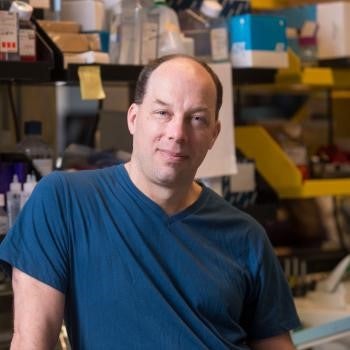These lectures are part of a collaboration between the University at Albany and Rensselaer Polytechnic Institute (RPI).
This is the fifth speaker in the series.
Previous speakers include: Nobel laureate Thomas Cech (University of Colorado) (2016), Karl Deisseroth (Stanford University) (2017),
Nobel laureate Frances Arnold (Caltech) (2018) and David R. Liu (Harvard University) (2019).

Stephen Quake is the Lee Otterson Professor of Bioengineering and Professor of Applied Physics at Stanford University and is co-President of the Chan Zuckerberg Biohub. He received a B.S. in Physics and M.S. in Mathematics from Stanford University in 1991 and a doctorate in Theoretical Physics from the University of Oxford in 1994. Quake has invented many measurement tools for biology, including new DNA sequencing technologies that have enabled rapid analysis of the human genome and microfluidic automation that allows scientists to efficiently isolate individual cells and decipher their genetic code. Quake is also well known for inventing new diagnostic tools, including the first non-invasive prenatal test for Down syndrome and other aneuploidies. His test is rapidly replacing risky invasive approaches such as amniocentesis, and millions of women each year now benefit from this approach. His innovations have helped to radically accelerate the pace of biology and have made medicine safer by replacing invasive biopsies with simple blood tests.

